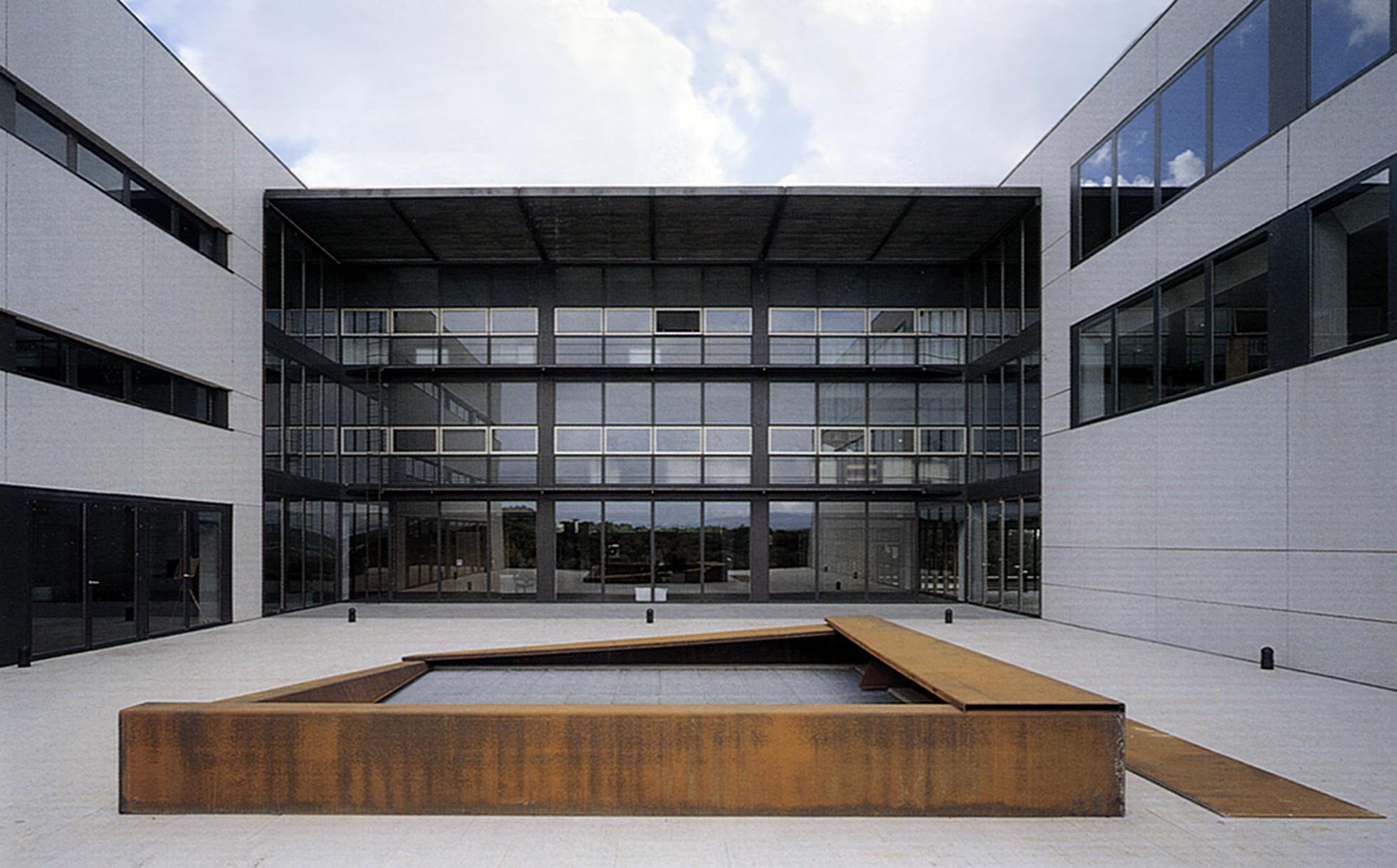UNED is now the main Spanish institution for distance and blended learning. UNED has as its main goal to provide quality higher and continuing education opportunities to all through a distance education system. UNED statutes set out explicitly commitments such as “services to society”, especially in situations that could prevent certain people from getting access to higher education courses. Another aim is to offer continuing study to those unable to attend regular schedules of conventional higher institutions. Today UNED has over 210.000 students scattered all over Spain in 60 associated centres where students have access to libraries, tutoring, and other learning resources. UNED also has 20 associated centres abroad. Around 1.500 full time lecturers in Madrid and 1.200 administrative officers supervise the teaching and organisation of more than 30 degrees, over 40 post-graduate programs and 15 doctoral programs. UNED also has special programs for handicapped people, senior students and students in prison.

UNED is a multi-level, research-informed higher education institution offering programmes across the whole spectrum of higher education. It is conscious of its societal role and committed to providing access to university education for students of all ages and backgrounds, and to achieving quality and excellence in all aspects of its work. UNED offers around 610 continuing education programs with over 17.500 students. Furthermore, UNED Senior is addressed to people over 55 and finally, UNED has a wide social influence with radio and TV programming.
The international activity of the UNED is based on a significant number of agreements signed with various institutions throughout the geographic area of influence. Furthermore, it participates in different projects an initiative whose main objective is to foster progress in research, innovation, application and transfer of knowledge involving the use of Information Technology and Communication in Higher Education.

UNED with more than 220.000 students enrolled in 2019 can be considered a mega-university in the European higher education context. As many other open and distance education Universities in the world with a long tradition in this modality, UNED is deliberating about its future in the new Higher Education ecosystem. In 2018, the UNED set out a new strategic Plan for the Digitalization of the University to be developed in four years’ time. Being conscious of the current possibilities of taking advantage of its big numbers, its main goal is the development of a model of adaptive and personalised learning to support its students in new ways not yet possible. This strategic objective takes mainly shape in the ED3 project (Digital Distance Education based on Data). The ED3 project will make possible to build a framework that promotes evidence-based interventions to improve teaching and learning processes through an intelligent and responsible exploitation of data.
The unexpected emergence of 2020 COVID pandemic and UNED responses While we were immersed in the development of the ED3 project, on March 14th Spain was lockdown due to COVID pandemic. Although all our courses were underway online, as usual, three main challenges emerged to which we had to respond. Firstly, the migration of our more than 2000 weekly face-to-face tutorials to tutorials broadcast by our own videoconference system (AVIP), which meant an increase of 350% in their use that required the support of external Computational services.
UNED developed in a short period of time of a proprietary tool for the completion of final exams (Virtual Examination Classroom, AvEx) to replace our system of mandatory face-to-face exams at the Associate Centres where around 600,000 exams are usually held per year. That involved the coordinated effort of UNED Rectorate, UNED Technological Centres (Barbastro, Tudela & Ponferrada) and the CPRI (Centre for Prevention, Inspection and Conflict Resolution). AvEx's features include, among others, an editor for different types of exam questions (open and closed), randomisation of questions from an item bank, automatic correction, as well as an anti-plagiarism function (Verification) and identity control through random photos taken during the session.
Students in each subject took their exam at the same time throughout the country with a rigorous control of entry and completion of their exam. Over 332,000 exams were taken in July and September. Less than 1% of exams reported incidents such as hardware problems, misunderstanding of the process, etc. Nevertheless, there's still room for improvement we are now undertaking.